DOCtalk by Dr. Gregg 2/3/13
Is Meaningful Use Becoming “Lost In Translation”?
From dear Dr. Jayne in her “Curbside Consult” on HIStalk to enigmatic SRSsoft CEO Evan Steele on EMR Straight Talk and more, the phrase “runaway train” keeps popping up in descriptors of the current state of Meaningful Use. I’m on record as a fan of Meaningful Use, but I’ve been seeing some signs, both external and internal, that have me concerned.
First, the external.
As mentioned above, the increasing clamor in the HIT blogosphere seems to be congealing around a core concept that MU has gone (or is going) off track. Not only are smart folks like Jayne and Evan questioning MU’s current trajectory, we’ve even got some of the original stalwarts for HIT who helped craft our technological rail lines making increasing queries about our train’s timetable and rail network design.
The New York Times article, “In Second Look, Few Savings From Digital Health Records” from January 11, 2013, states , “While there is strong evidence that electronic records can contribute to better care and more efficiency, Dr. [David] Blumenthal said, the systems in place do not always work in ways that help achieve those benefits.”
Later in that same piece, David J. Brailer, MD, PhD is on record as saying, “The vast sum of stimulus money flowing into health information technology created a ‘race to adopt’ mentality — buy the systems today to get government handouts, but figure out how to make them work tomorrow."
How many vendors are spending all of their developmental resources solely addressing MU? I know that every vendor with whom I’ve spoken this past year or two is spending the majority of their dev teams’ time on this. Some are spending all of their dev time on it. If everyone’s development is focused upon MU, that sure doesn’t leave much room for creativity and new “meaningfulness” that may not yet have been considered.
Now, the internal.
More by happenstance than plan, I was the first provider in the State of Ohio to receive payment for Stage 1 Meaningful Use via Medicaid. (I was ready for it, for sure, but I just happened to be looking at e-mail when the sign up announcement came through.) I was grateful to receive it, believe me, because margins in small town pediatrics are about as skinny as a heroin-addicted runway model, i.e., deathly thin.
However, since my lovely EHR was sunsetted, I’ve declined to pay for server software upgrades needed to upgrade to the last version my EHR will ever have. That version would allow for Stage 2 achievement. But this expense just doesn’t make sense to me at this point. That money would basically turn the Stage 2 incentive monies into a pass-through, more for a software vendor’s benefit than my practice’s. (And, it makes even less sense if my next EHR is cloud-based!)
I’d prefer to just find my next system upon which to grow, so that any the Stage 2 incentive dollars that pass through to someone else are at least supporting a system with which I’ll be moving forward. (Finding that next system, the one that’s right for me and mine, is a whole other story!)
But, since being on hold, I’ve also noticed that the lower dollars incentivizing Stage 2 seem less motivating. As I spend more time looking at systems, I spend more time thinking about MU hoops. The more I think about Stage 2, then Stage 3 (and Farzad’s talking Stage 4 stuff), the less incentivized I feel.
Don’t get me wrong. I love the potentials and all of the truly meaningful stuff that connected EHRs will allow, once we’re all connected. The problem is, I’m starting to doubt that a federally-legislated definition of “meaningful” will actually play out as was once hoped by all the brains that crafted MU and all of us who have supported it or who even just went along.
I still support the overall idea of Meaningful Use. I’m just wondering if the meaningfulness part has started to get lost in translation.
There’s a part of me that envisions Bill Murray and Scarlett Johansson, standing somewhere off in the wings of an imagined HIT train station, snickering.
From the trenches…
“But the good news is, the whiskey works.” – Bill Murray as “Bob” in Lost in Translation

Dr. Gregg Alexander, a grunt in the trenches pediatrician at Madison Pediatrics, is Chief Medical Officer for Health Nuts Media, an HIT and marketing consultant, and sits on the board of directors of the Ohio Health Information Partnership (OHIP).


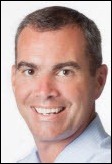
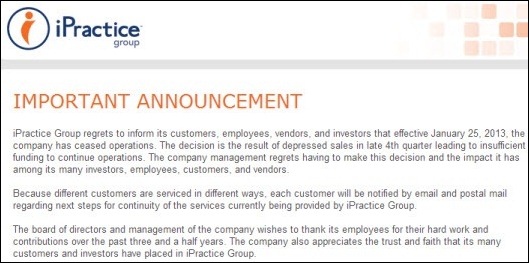
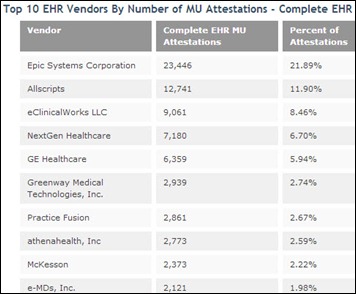
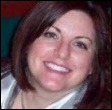


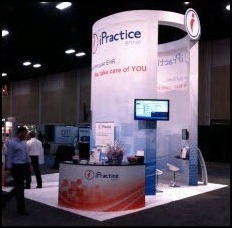


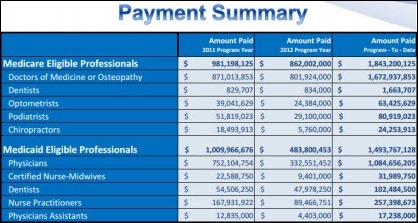

The article about Pediatric Associates in CA has a nugget with a potentially outsized impact: the implication that VFC vaccines…